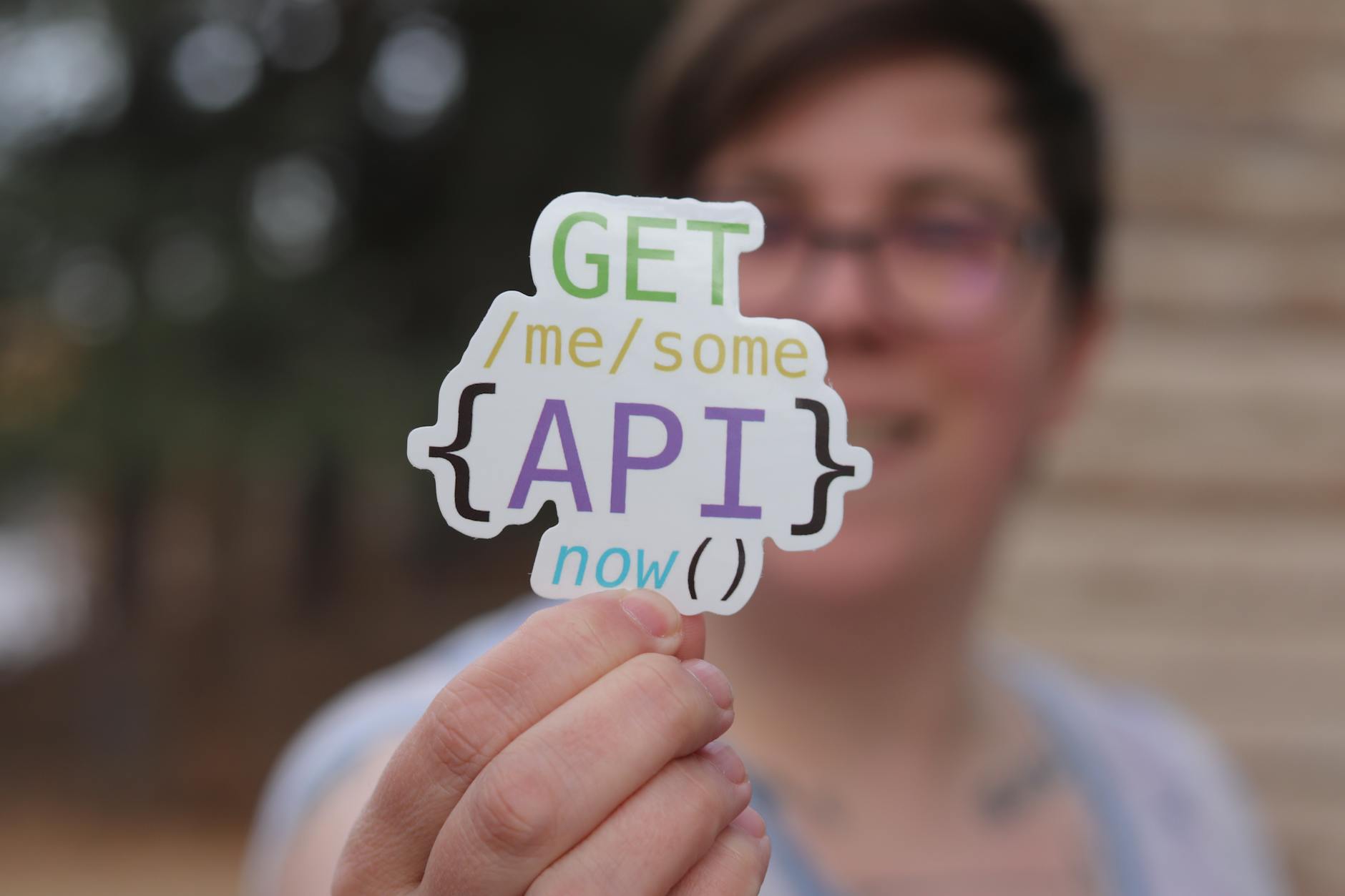The Gemini API’s URL Context tool has reached general availability, marking a significant advancement for developers seeking to integrate web content into their AI applications. This tool enables developers to ground prompts directly with information retrieved from URLs, eliminating the need for manual data uploads. The recent expansion of this feature now includes support for PDF documents and images, broadening its utility and application scope.
The core functionality of the URL Context tool revolves around its ability to fetch and process content from specified web addresses. This allows developers to provide the Gemini API with real-time, contextually relevant information from the internet, which can then be used to generate more informed and accurate responses. Previously, developers might have had to manually download web pages, extract text, and then upload this data to the API. The URL Context tool streamlines this process by automating the retrieval and ingestion of web content.
The general availability signifies that the tool has moved beyond experimental phases and is now considered stable and ready for widespread production use. This transition is crucial for developers building applications that rely on dynamic and up-to-date information. The ability to reference external web content directly within prompts offers a powerful mechanism for grounding AI models, reducing the likelihood of generating factually incorrect or outdated information.
The expansion to include support for PDFs and images represents a substantial enhancement. PDFs often contain structured data, reports, and documents that are critical for many business and research applications. By enabling the Gemini API to process content from PDFs, developers can now leverage a wider range of information sources. Similarly, image support opens up possibilities for multimodal AI applications, where the API can analyze and interpret visual information alongside text, leading to more sophisticated use cases such as image captioning, visual question answering, and content moderation.
The underlying mechanism likely involves the API making HTTP requests to the provided URLs, parsing the returned content, and then feeding this processed information into the Gemini model. For PDFs, this would involve a PDF parsing library to extract text and potentially metadata. For images, it would involve image recognition and analysis capabilities. The successful integration of these diverse content types suggests a robust and versatile tool designed to handle various data formats commonly found on the web.
The primary advantage of the URL Context tool is the enhanced accuracy and relevance of AI-generated responses. By grounding prompts with external data, developers can ensure that the Gemini API is operating with the most current and specific information available. This is particularly important in fields like research, journalism, and customer support, where factual accuracy is paramount. Furthermore, the automation of data retrieval saves developers significant time and effort, allowing them to focus on building innovative applications rather than on data management tasks.
The ability to process a variety of content types, including text-based web pages, PDFs, and images, makes the tool highly adaptable. Developers can now build applications that can understand and respond to queries based on a broad spectrum of online information. This versatility is a key differentiator, enabling a more comprehensive and integrated approach to AI development.
A potential challenge, though not explicitly detailed in the source, could be the reliability of web content itself. If a URL is broken, the content is inaccessible, or the information on the page is inaccurate, it could negatively impact the AI’s output. Developers will need to consider error handling and data validation strategies when implementing the tool. Additionally, the processing of complex PDFs or high-resolution images might introduce latency or require significant computational resources, which could be a factor in application performance.
The general availability of the URL Context tool for the Gemini API is a significant development for developers. It allows for direct grounding of prompts with web content, eliminating manual uploads. The tool’s capabilities have been expanded to include support for PDF documents and images. This enhances the accuracy and relevance of AI-generated responses by leveraging up-to-date information. The automation of data retrieval streamlines the development process. The expanded format support enables more versatile and sophisticated AI applications.
Developers should explore the documentation for the Gemini API’s URL Context tool to understand its specific implementation details and best practices. Consider how to integrate this tool into existing workflows to leverage real-time web data. Evaluate the potential use cases for PDF and image content grounding in your applications. Monitor future updates and expansions to the tool’s capabilities, as announced on the Google Developers Blog (https://developers.googleblog.com/en/url-context-tool-for-gemini-api-now-generally-available/).


Leave a Reply